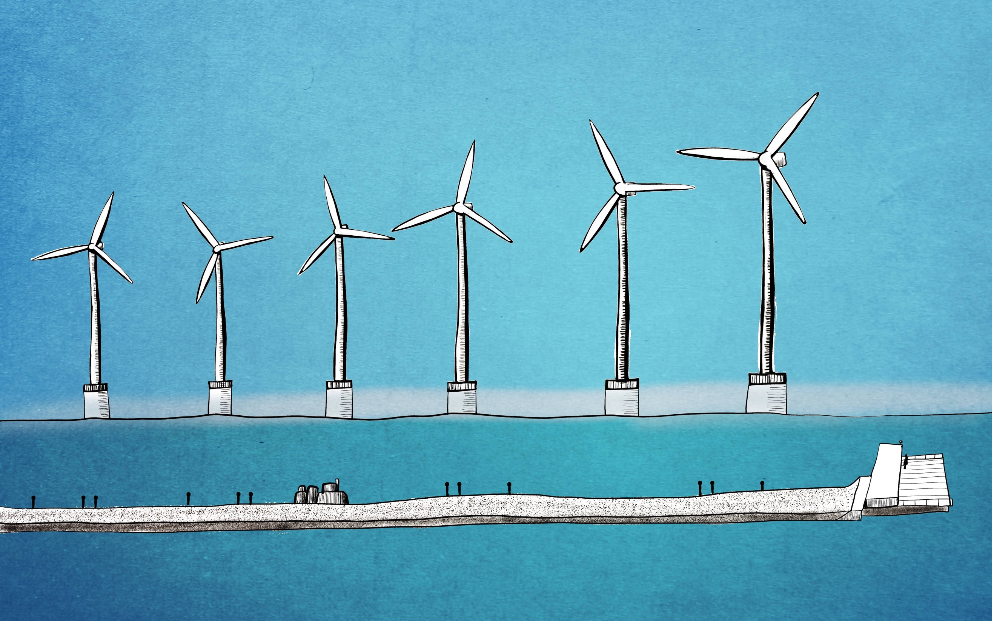Bangladesh has recently introduced a revised Renewable Energy Policy with bold targets, but energy experts and industry leaders are expressing growing concerns over its lack of clear implementation plans. The updated policy, revealed as part of the FY2025–26 budget, aims to generate 20% of the country’s electricity from renewable sources by 2030 and 30% by 2041. While these goals reflect the nation’s commitment to a greener future, stakeholders argue that the policy does not offer enough support to turn ambition into reality. One major issue is the removal of the “implementation agreement clause” from tender documents. This clause previously ensured that the government would guarantee payments to power developers through banks. Without this assurance, many investors now see renewable energy projects as financially risky. In fact, the government’s recent call for bids on 12 solar projects totaling 453 megawatts received fewer responses than expected, prompting an extension of the submission deadline. Adding to the uncertainty, the government has withdrawn over 30 Letters of Intent (LOIs) for previously approved renewable energy projects. At the same time, it plans to move ahead with building a new 1,200-megawatt coal-fired power plant in Matarbari, even as peak electricity demand has recently declined. Analysts warn that these conflicting moves could create an oversupply problem and waste public resources. Critics also point out that the Tk 100 crore renewable energy fund allocated last year has been dropped from the new budget, raising further doubts about the government’s commitment to clean energy. Despite these challenges, there is still optimism. Bangladesh currently has about 1,562 megawatts of installed renewable energy capacity, with another 400 megawatts under construction. Experts believe that with the right financial incentives such as tax breaks, guaranteed tariffs, and easier project financing the country could add up to 750 megawatts of renewable energy each year. To reach its clean energy targets, experts suggest that the government needs to reinstate investment guarantees, reallocate renewable energy funds, and clarify its long-term energy mix strategy. Aligning policy actions with stated goals would not only boost investor confidence but also help Bangladesh meet its international climate commitments. Without these changes, the country’s renewable energy ambitions may remain unfulfilled, raising more questions than answers at a time when clarity is urgently needed.
Bangladesh’s Energy Policy Sparks More Questions Than Answers
51
previous post


